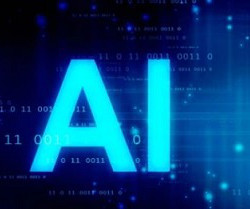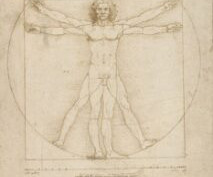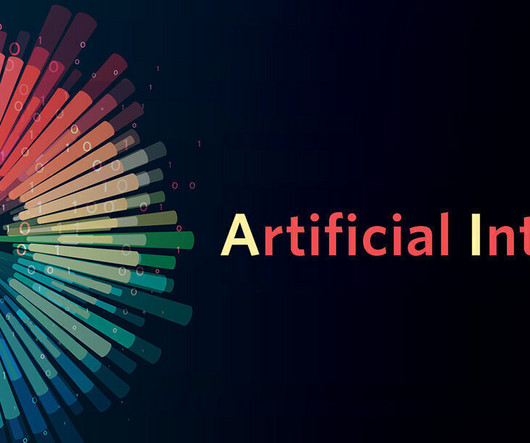Conundrum Involving The Ownership Of The Work Created By Ai
IP and Legal Filings
APRIL 20, 2023
Firstly, work generated from AI with input, in this case command is given by the human or programmer and get output out of it with the help of their creative and innovative ideas hence the ownership and authorship can be ascribed to the human who has given innovative inputs to the AI. Issues There are many issues in granting ownership to AI.













Let's personalize your content